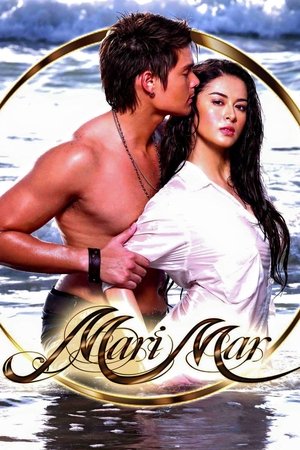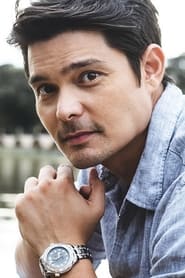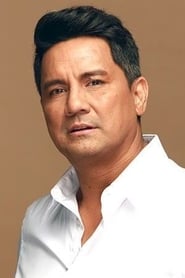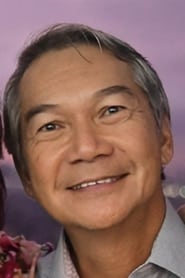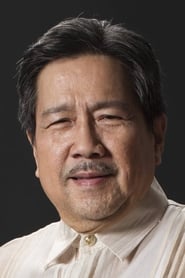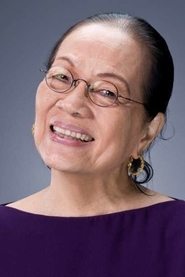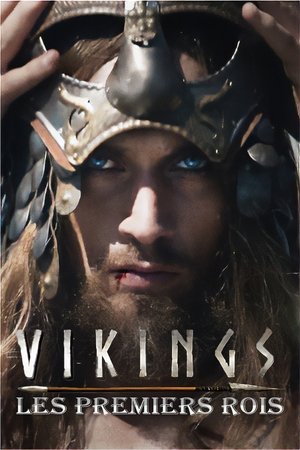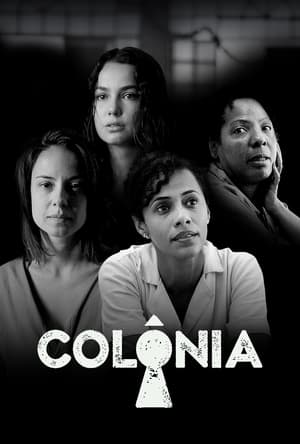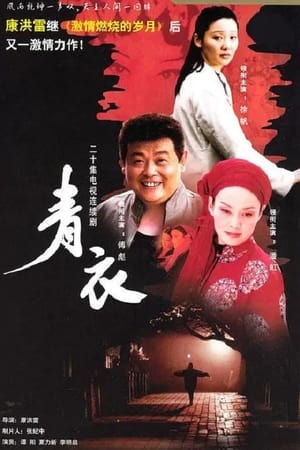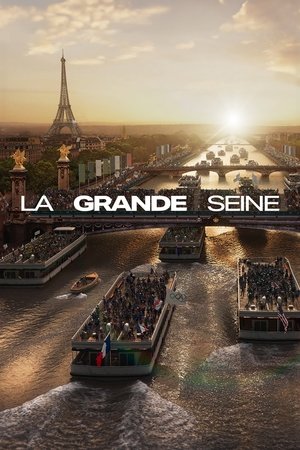
MariMar(2007)
Overview
MariMar is a Filipino drama series previously being broadcast in GMA Network, starring Marian Rivera and Dingdong Dantes. Though a remake-adaptation of a Mexican telenovela the setting and some of the storylines were altered. Directed by Joyce E. Bernal and Mac Alejandre, the series premiered on August 13, 2007 and ended on March 14, 2008. It was aired internationally with a one week delay on GMA Pinoy TV, which became a huge success to Filipino viewers abroad. The series also aired in Singapore, Malaysia, Indonesia, China, Cambodia, Uganda and in the United States And on Fil-Am Digital TV Network.
Networks:

Created By:
Production Companies:
Top 10 Billed Cast
Recommendations TVs
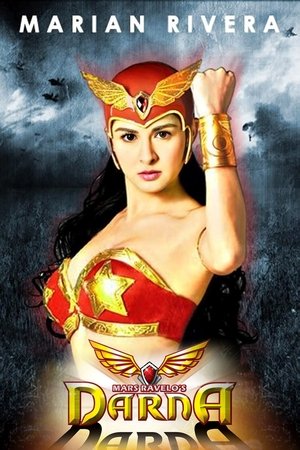
Darna (tl)
Darna is a Philippine drama/fantasy series adapted from Mars Ravelo's fictional superheroine of the same name; directed by Dominic Zapata and Don Michael Perez and developed by Jun Lana. It is the third series based on the Darna graphic novels by Mars Ravelo. It stars Marian Rivera as the title role and her alter-ego Narda, with Iwa Moto as her main nemesis Valentina, also starring Dennis Trillo as Pancho and Mark Anthony Fernandez as Eduardo. The series had premiered on August 10, 2009 on GMA Network and ended on February 19, 2010, and also featured the return of the other four villains originally created by Ravelo himself. The first season consists of 70 episodes, as well as the second season, with 140 episodes all in all.
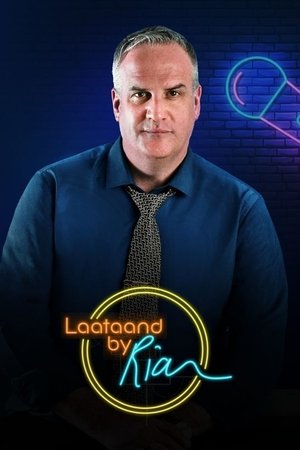
Laataand by Rian (af)
The popular TV presenter Rian van Heerden is speaking directly to the country's biggest newsmakers to het the story behind the story.

Sacrificing Liberty (en)
The true story of the USS Liberty is more shocking than any spy novel written by Tom Clancy. The most top-secret spy ship in the world. Its client was the NSA. The ship and its 294 U.S. Navy sailors were rushed to the Mediterranean Sea. Only the White House and Pentagon knew that Israel was ready to attack Arab nations. The USS Liberty was deliberately sent into a kill zone. The casualties were staggering: 34 killed and 174 wounded. The coverup began immediately and has continued since 1967. Until now! The aging survivors have finally told their true story. Sacrificing Liberty sets the record straight.
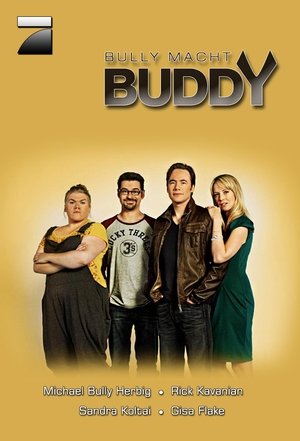
Bully's Sitcom (de)
The multi-camera sitcom is recorded on the American model in front of a studio audience and tells the origin story of Bully Herbig's movie "Buddy". Michael Bully Herbig plays himself and everything revolves around the making of his film "Buddy". The script is ready, but shortly before filming began Bully is under considerable pressure. The budget is tight and he does not have any models! Bully is everything to realize his film. How he neglecting his private life, he notes only when girlfriend Nina leaves him and the family home. But Bully will not remain alone: Rick quartered his sister Aida unasked him. Bell's life suddenly gets completely out of joint ...
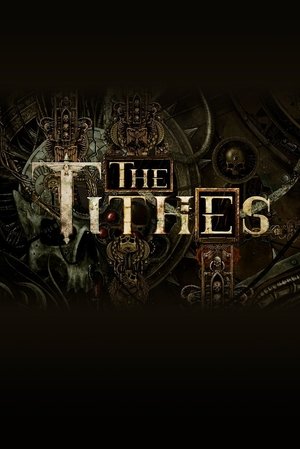
The Tithes (en)
The Tithes is a three-part Warhammer animation anthology. It’s composed of three self-contained stories that each shine a different light on an interesting and little-explored slice of this vast, dystopian setting: The Imperial Tithe.
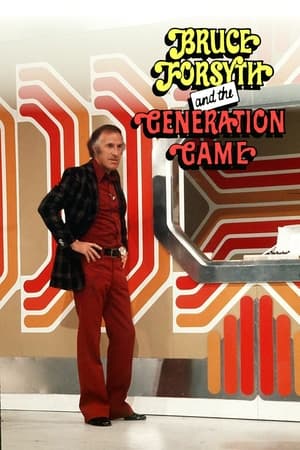
The Generation Game (en)
The Generation Game was a British game show produced by the BBC in which four teams of two competed to win prizes. The programme was first broadcast in 1971 under the title Bruce Forsyth and the Generation Game and ran until 1982, and again from 1990 until 2002. The show was based on the Dutch TV show Een van de acht, "One of the Eight", the format devised in 1969 by Theo Uittenbogaard for VARA Television. Mrs. Mies Bouwman - a popular Dutch talk show host and presenter of the show - came up with the idea of the conveyor belt. She had seen it on a German programme and wanted to incorporate it into the show. Another antecedent for the gameshow was 'Sunday Night at the London Palladium' on ATV, which had a game called Beat the Clock, taken from an American gameshow. It featured married couples playing silly games within a certain time to win prize money. This was hosted by Bruce Forsyth from 1958, and he took the idea with him when he went over to the BBC. During the 1970s, gameshows became more popular and started to replace expensive variety shows. Creating new studio shows was cheaper than hiring a theatre and paying for long rehearsals and a large orchestra, and could secure a similar number of viewers. With less money for their own productions, a gameshow seemed the obvious idea for ITV. As a result many variety performers were recruited for gameshows. The BBC, suffering poor ratings, decided to make its own gameshow. Bill Cotton, the BBC's Head of Light Entertainment, believed that Bruce Forsyth was best for the job. For years, The Generation Game was one of the strong shows in the BBC's Saturday night line-up, and became the number one gameshow on British television during the 1970s, regularly gaining over 21 million viewers. However, things were about to change. LWT, desperate to end the BBC's long-running ratings success on a Saturday night, offered Forsyth a chance to change channel to host The Big Night.
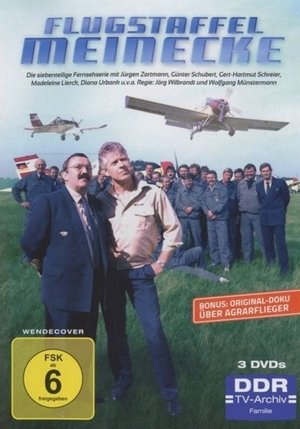
Flugstaffel Meinecke (de)
Flugstaffel Meinecke is a German television series.
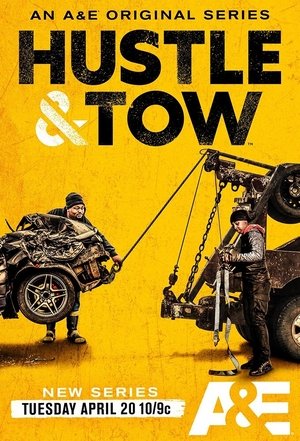
Hustle & Tow (en)
Popping the hood to take a close-up look at America’s unsung essential workers who perform daily under extremely dangerous conditions, despite every imaginable encounter with unexpected terrain, wildlife and weather: tow truck drivers.
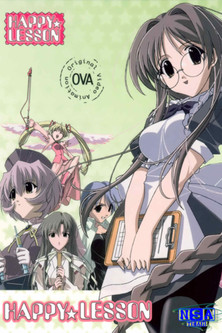
Happy Lesson (ja)
15-year-old Chitose Hitotose moves out of the orphanage back to his vacant parents' house and finds himself very alone and unhappy. But when five of his female high school teachers decide to move in with him to become his new mothers, he learns that the chaos of their constant attention and concern change his life for the better, if only to teach him about the very special meaning of being part of a family and enjoying a quiet moment.
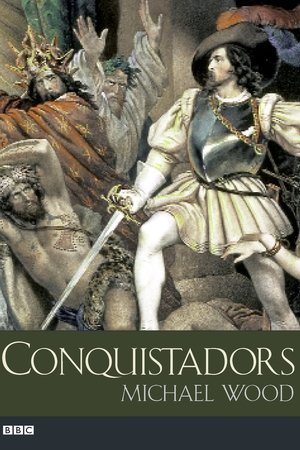
Conquistadors (en)
Conquistadors is a documentary retelling of the story of the Spanish expeditions of conquest of the Americas. In this 4-part series historian Michael Wood travels in the footsteps of the Spanish expeditions, from Amazonia to Lake Titicaca, and from the deserts of North Mexico to the heights of Macchu Picchu.
